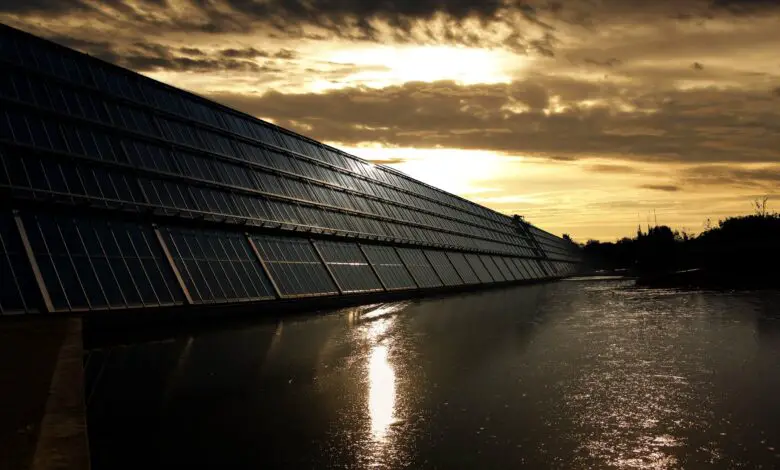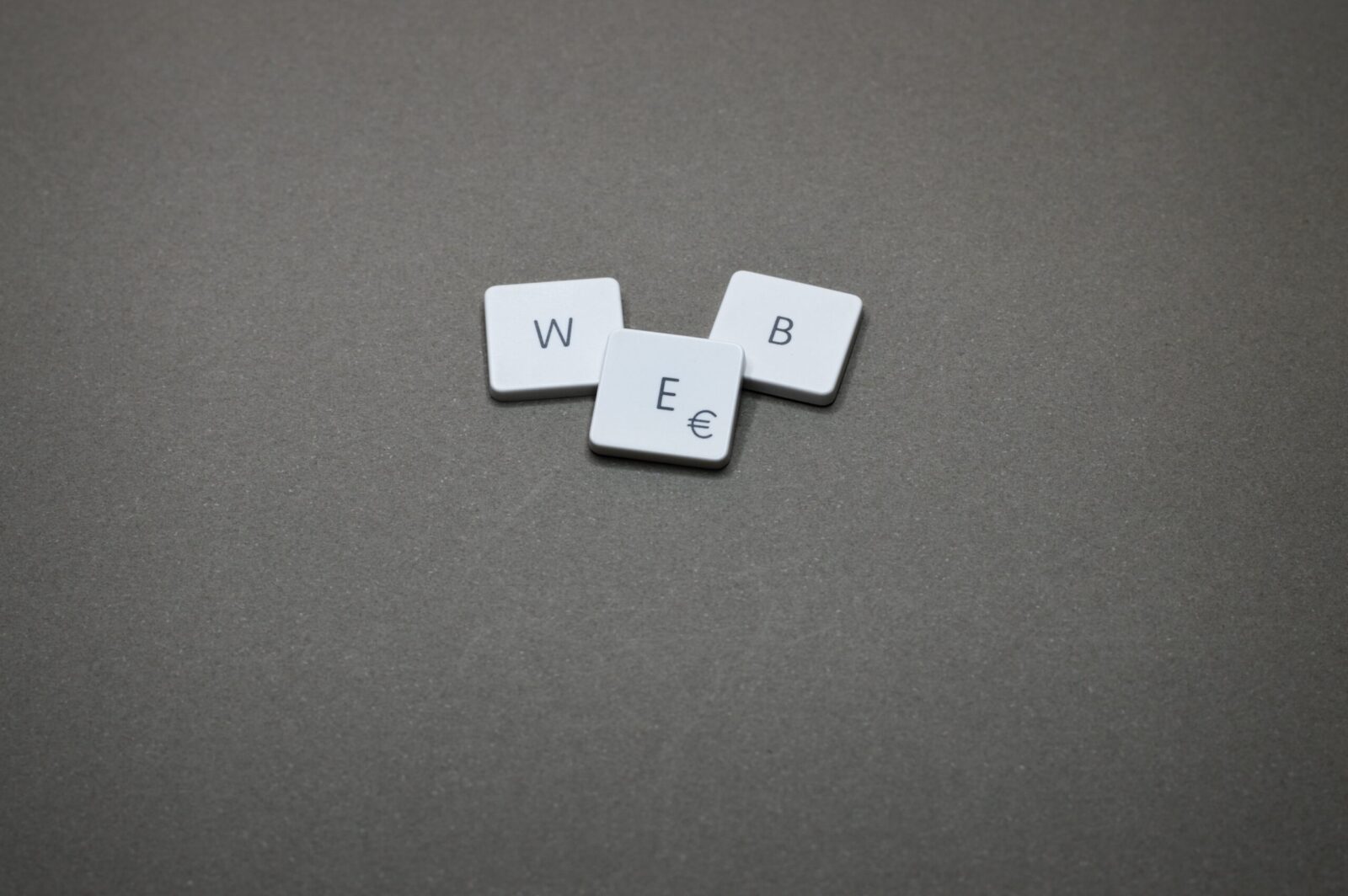
How to Choose a Solar Installer to Finance B2B
How to Choose a Solar Installer to Finance B2B
A clean, sustainable energy source that is gaining popularity worldwide is solar energy. It can be difficult to select the best solar installer and financing plan, though. We have included some advice in this post to assist you in selecting the best solar installation provider and financing solution. Make sure a solar installer has the necessary licenses, insurance, and qualifications before hiring them. A self-performing installer with direct, in-house advanced solar training and understanding of the safest ways to install solar power equipment is someone else you should consider. Obtaining several quotations from several solar energy contractors is also advised before making a choice.
Solar installation can be financed in a number of ways, such as with cash, solar loans, solar leases, or power purchase agreements (PPA). It is a good idea to pay for the installation in full if you have the money. You may install the solar panels and begin using them to power your home right away with little to no money down by using a solar loan. In a solar lease, or PPA, you buy the power produced by the solar panels at a set price per kilowatt-hour, or you lease the solar panels from the installer and pay a monthly charge for their use.
The federal tax credit for home solar photovoltaics (PV) is a decrease of the amount of income tax you would otherwise owe, and this is an important point to notice. A portion of the taxpayer-paid cost of a solar PV system may be claimed on federal income taxes. A portion of the taxpayer-paid cost of a solar PV system is eligible for a tax credit known as the federal residential solar energy credit, which can be claimed on federal income taxes. During the tax year, the system installation must be finished. Installed solar PV systems in 2020 and 2021 are qualified for a tax credit of 26%. Congress extended the ITC in August 2022, increasing it to 30% for installations between 2022 and 2032. (A 30% tax credit was also available for systems installed on or before December 31, 2019). For systems installed in 2033 and 2034, it will drop to 26% and 22%, respectively. If Congress does not extend it, the tax credit will run out in 2035. The maximum sum that can be claimed is not specified.
In conclusion, the dependability, safety, lifespan, and overall performance of any installation depend greatly on selecting the appropriate solar contractor and financing choice. You may make an informed choice and profit from solar energy for many years to come if you use the advice in this article.



